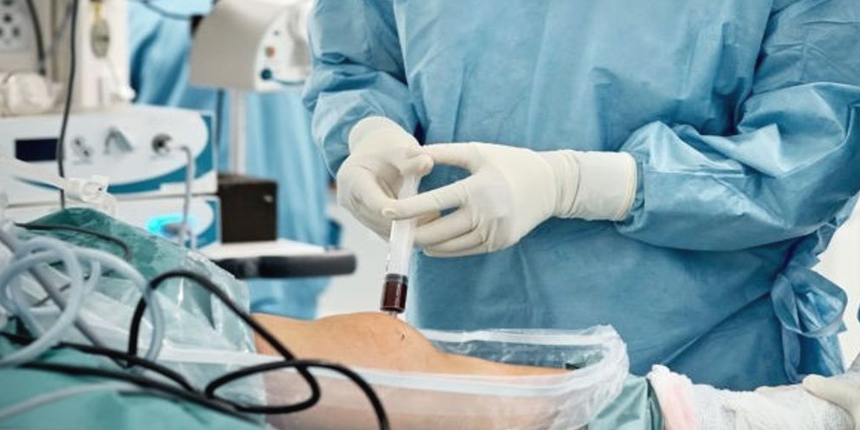1. Pre-transplant costs
2. Transplantation costs
The cost of the actual bone marrow transplantation procedure itself can vary widely depending on several factors, such as the type of transplant, the donor source, and the length of hospital stay. Autologous transplants, where the patient’s own bone marrow cells are used, are generally less expensive than allogeneic transplants, where the donor’s cells are used. Allogeneic transplants require the use of immunosuppressive medications to prevent the patient’s immune system from rejecting the donor cells, which can add to the overall cost.
The donor source also affects the cost of the transplant. If a matched sibling or family member is the donor, the procedure can be less expensive than if the donor is an unrelated volunteer from a bone marrow registry. The cost of unrelated donor searches and bone marrow collection can range from $30,000 to $100,000.
Finally, the length of hospital stay and post-transplant care can also impact the cost of the procedure. Patients undergoing bone marrow transplantation often require a lengthy hospital stay, sometimes lasting several weeks or months, during which time they receive intensive medical care, including blood transfusions, medications, and close monitoring of their vital signs. The cost of hospitalization and medical care during this time can be substantial and can range from $150,000 to $800,000, depending on the length of stay and the type of medical care required.




